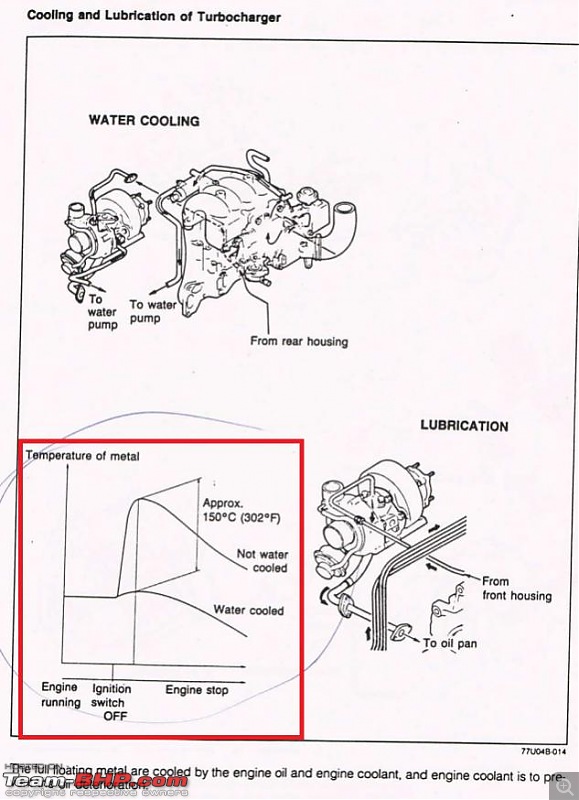| | #46 |
| Distinguished - BHPian  | |
| |  (12)
Thanks (12)
Thanks
|
| |
| | #47 |
| Senior - BHPian Join Date: Jul 2006 Location: Bangalore
Posts: 2,422
Thanked: 1,188 Times
| |
| |  (5)
Thanks (5)
Thanks
|
| | #48 |
| Senior - BHPian Join Date: Mar 2005 Location: Chandigarh/Mohali/Ambala Cantt
Posts: 4,157
Thanked: 4,722 Times
| |
| |  (1)
Thanks (1)
Thanks
|
| | #49 |
| Team-BHP Support  Join Date: Feb 2004 Location: Bombay
Posts: 24,218
Thanked: 36,122 Times
| |
| |
| | #50 |
| Senior - BHPian Join Date: Jul 2006 Location: Bangalore
Posts: 2,422
Thanked: 1,188 Times
| |
| |  (2)
Thanks (2)
Thanks
|
| | #51 |
| Senior - BHPian Join Date: Feb 2010 Location: Pune
Posts: 1,074
Thanked: 631 Times
| |
| |  (2)
Thanks (2)
Thanks
|
| | #52 |
| BHPian | |
| |
| | #53 |
| Senior - BHPian Join Date: Nov 2009 Location: Pune
Posts: 2,095
Thanked: 3,466 Times
| |
| |
| | #54 |
| Distinguished - BHPian  Join Date: Jul 2011 Location: Bombay
Posts: 2,034
Thanked: 16,981 Times
| |
| |  (1)
Thanks (1)
Thanks
|
| | #55 |
| Senior - BHPian Join Date: Aug 2010 Location: Bangalore
Posts: 1,285
Thanked: 1,373 Times
| |
| |  (2)
Thanks (2)
Thanks
|
| | #56 |
| Senior - BHPian | |
| |  (1)
Thanks (1)
Thanks
|
| |
| | #57 |
| Senior - BHPian Join Date: Jul 2006 Location: Bangalore
Posts: 2,422
Thanked: 1,188 Times
| |
| |  (4)
Thanks (4)
Thanks
|
| | #58 |
| BHPian Join Date: Jul 2006 Location: bangalore
Posts: 365
Thanked: 86 Times
| |
| |
| | #59 |
| Team-BHP Support  | |
| |  (1)
Thanks (1)
Thanks
|
| | #60 |
| BHPian Join Date: Sep 2009 Location: Bombay
Posts: 956
Thanked: 96 Times
| |
| |  (1)
Thanks (1)
Thanks
|
 |
Most Viewed





 and the drama ending with a BANG.All i could see was the owner running frantically for help as no one had a clue what was happening.
and the drama ending with a BANG.All i could see was the owner running frantically for help as no one had a clue what was happening. .
.